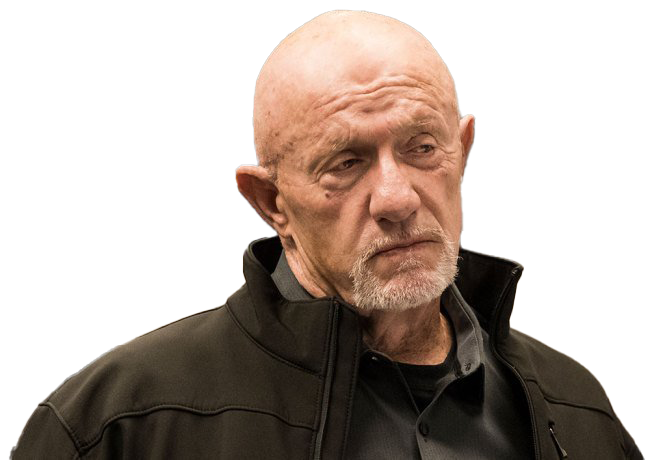From: https://www.marxists.org/reference/archive/stalin/works/1906/12/x01.htm
The most widespread, mass organisations are trade unions and workers' co-operatives (mainly producers' and consumers' co-operatives). The object of the trade unions is to fight (mainly) against industrial capital to improve the conditions of the workers within the limits of the present capitalist system. The object of the co-operatives is to fight (mainly) against merchant capital to secure an increase of consumption among the workers by reducing the prices of articles of prime necessity, also within the limits of the capitalist system, of course. The proletariat undoubtedly needs both trade unions and co-operatives as means of organising the proletarian masses. Hence, from the point of view of the proletarian socialism of Marx and Engels, the proletariat must utilise both these forms of organisation and reinforce and strengthen them, as far as this is possible under present political conditions, of course.
But trade unions and co-operatives alone cannot satisfy the organisational needs of the militant proletariat. This is because the organisations mentioned cannot go beyond the limits of capitalism, for their object is to improve the conditions of the workers under the capitalist system. The workers, however, want to free themselves entirely from capitalist slavery, they want to smash these limits, and not merely operate within the limits of capitalism. Hence, in addition, an organisation is needed that will rally around itself the class-conscious elements of the workers of all trades, that will transform the proletariat into a conscious class and make it its chief aim to smash the capitalist system, to prepare for the socialist revolution.
Such an organisation is the Social-Democratic Party of the proletariat.
This Party must be a class party, and it must be quite independent of other parties—and this is because it is the party of the proletarian class, the emancipation of which can be brought about only by this class itself.
This Party must be a revolutionary party—and this because the workers can be emancipated only by revolutionary means, by means of the socialist revolution.
This Party must be an international party, the doors of the Party must be open to all class-conscious proletarians—and this because the emancipation of the workers is not a national but a social question, equally important for the Georgian proletarians, for the Russian proletarians, and for the proletarians of other nations.
Hence, it is clear, that the more closely the proletarians of the different nations are united, the more thoroughly the national barriers which have been raised between them are demolished, the stronger will the Party of the proletariat be, and the more will the organisation of the proletariat in one indivisible class be facilitated.
Hence, it is necessary, as far as possible, to introduce the principle of centralism in the proletarian organisations as against the looseness of federation — irrespective of whether these organisations are party, trade union or co-operative.
It is also clear that all these organisations must be built on a democratic basis, in so far as this is not hindered by political or other conditions, of course.
What should be the relations between the Party on the one hand and the co-operatives and trade unions on the other? Should the latter be party or non-party? The answer to this question depends upon where and under what conditions the proletariat has to fight. At all events, there can be no doubt that the friendlier the trade unions and co-operatives are towards the socialist party of the proletariat, the more fully will both develop. And this is because both these economic organisations, if they are not closely connected with a strong socialist party, often become petty, allow narrow craft interests to obscure general class interests and thereby cause great harm to the proletariat. It is therefore necessary, in all cases, to ensure that the trade unions and co-operatives are under the ideological and political influence of the Party. Only if this is done will the organisations mentioned be transformed into a socialist school that will organise the proletariat—at present split up into separate groups—into a conscious class.
Such, in general, are the characteristic features of the proletarian socialism of Marx and Engels.
I don't think this in any way implies that trade unions and cooperatives are not necessary for endgame socialism. Rather, it simply says that these two are not enough on their own. Unions negotiate better working terms, cooperatives negotiate better buying terms, what's also needed is a political party to negotiate better sociopolitical terms.
This also suggests that the political party is not enough on its own, either. The proletariat can benefit from unions and cooperatives under socialism, also - they serve as checks and balances against one another.
I don't think this in any way implies that trade unions and cooperatives are not necessary for endgame socialism
the title says "the end goal of socialism" which means something completely different than "necessary for endgame socialism." Yes. They are necessary for socialism. No. They are not the goal of socialism.
Trade unions and cooperatives are prerequisite for organizing a militant proletariat. But they are not the end goal OF socialism. i.e. you have not simply achieved socialism by having a lot of trade unions and cooperatives. Because they fundamentally operate within capitalism's systemic limits, even if the bourgeoisie would rather they not exist.
Then you have the flaws, which is that co-ops need to make profits, and trade unions can sometimes devolve into what some call "petty craft consciousness" where instead of standing up for the whole proletariat, you stand up for your specific narrow trade/craft interests.
This also suggests that the political party is not enough on its own, either.
Wasn't suggesting the contrary.
The proletariat can benefit from unions and cooperatives under socialism
Certainly!
they serve as checks and balances against one another.
Yes and one has to be careful with checks and balances between allied organizations because it can devolve quickly into infighting.



